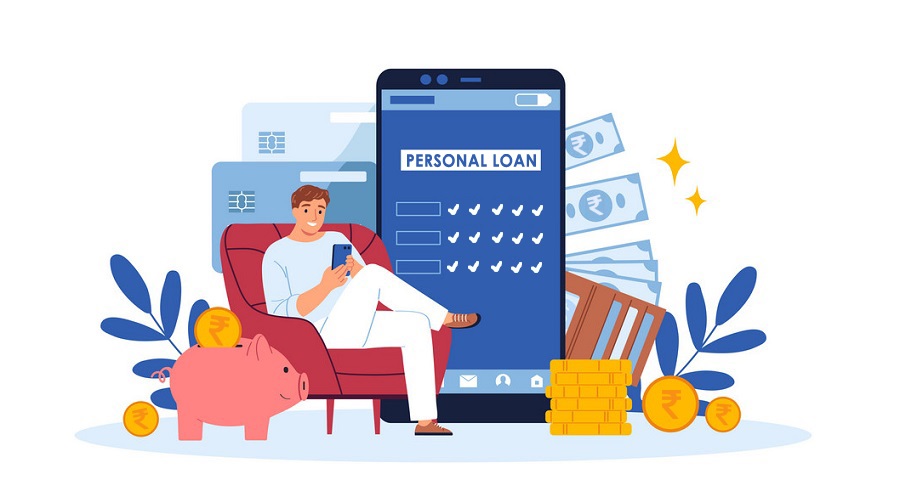In the present powerful financial landscape, personal loans have arisen as a helpful answer for people looking for fast funds for different purposes, from debt combinations to startling costs. Be that as it may, before jumping into the application cycle, understanding personal loan eligibility and the related criteria is essential to guarantee a smooth borrowing experience.
What is Personal Loan Eligibility?
“PERSONAL LOAN ELIGIBILITY“ alludes to the arrangement of conditions and requirements that people should meet to fit the bill for a loan from financial institutions or lenders. While the particular criteria could fluctuate among lenders, certain major viewpoints are by and large thought about while surveying a candidate’s eligibility.
Key Factors Deciding Personal Loan Eligibility
1. Credit Score: One of the essential perspectives lenders consider is a singular’s credit score. It mirrors their creditworthiness in light of past borrowing and repayment history. A higher credit score fundamentally upgrades the possibilities of loan endorsement as it demonstrates dependable financial behavior.
2. Income and Employment Soundness: Lenders survey the candidate’s income level and strength of employment. A consistent income source and job tenure upgrade credibility, demonstrating the capacity to repay the loan.
3. Debt-to-Income Proportion (DTI): DTI estimates the proportion of a singular’s month to month income that goes toward repaying existing debts. Lenders favor a lower DTI as it implies a superior capacity to manage extra loan repayments.
4. Age and Residency: Age and residency status frequently assume a part in loan eligibility. Most lenders expect applicants to be of a specific age (normally 18-21 years of age) and lawful occupants or residents of the country.
5. Existing Financial Obligations: Other continuous financial responsibilities, for example, existing loans or credit card debts, are additionally thought of. Lenders survey these to check a candidate’s capacity to dependably handle extra debt.
Personal Loan Eligibility Criteria
1. Minimum Income Requirement: Lenders frequently indicate a minimum income limit that applicants should meet to fit the bill for a personal loan. This model fluctuates in view of the lender’s approaches and the loan sum looked for.
2. Credit Score: A decent credit score, typically over 650-700, fundamentally builds the possibilities of loan endorsement. Be that as it may, a few lenders should seriously mull over applicants with lower scores yet could offer less favorable terms.
3. Employment History: Stable employment with a consistent income stream strengthens a candidate’s eligibility. Lenders might require a minimum tenure with the ongoing manager to guarantee solidness.
4. Age Criteria: Applicants commonly need to meet the age requirements set by the lender, frequently running between 21 to 65 years of age.
5. Documentation: Submission of important documents, for example, identification proof, income statements, bank statements, and address proof, is fundamental to check the candidate’s information.
Enhancing Personal Loan Eligibility
1. Improve Credit Score: Ideal installment of bills and debts, lessening credit usage, and correcting errors in credit reports can help the credit score over the long haul.
2. Lower DTI: Paying off existing debts or expanding income can assist with lowering the DTI, enhancing eligibility for a personal loan.
3. Choose the Right Lender: Various lenders have shifting “PERSONAL LOAN ELIGIBILITY CRITERIA“. Investigating and choosing a lender lined up with a person’s financial profile can improve the possibilities of endorsement.

